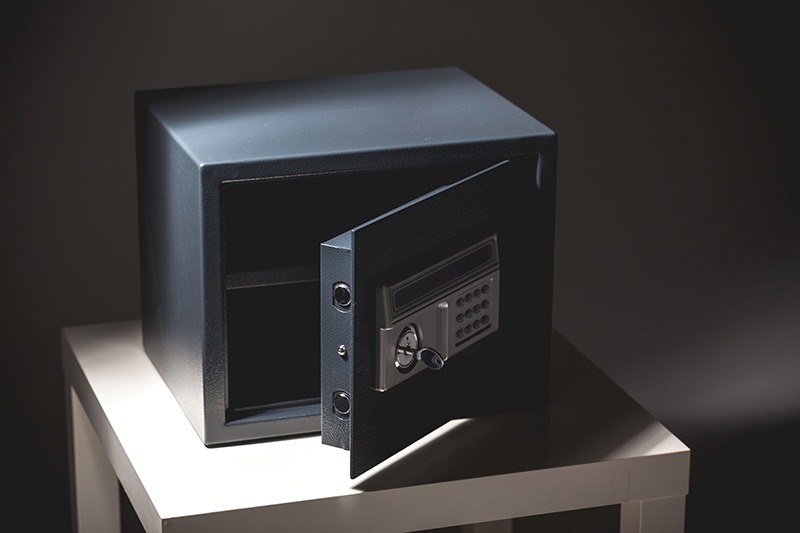
Your estate planning documents are invaluable. They provide acknowledgment of your wishes for distributing assets to heirs and legal documents for handling those assets. Your estate plan also establishes elder and end-of-life decisions for your care. You should keep them in a safe location and ensure trusted individuals know where they are and how to access them.
Safety Considerations
Your estate plan may include several sets of documents, including any of the following:
- Last will and testament
- Durable powers of attorney
- Credit shelter trusts
- Lifetime revocable trusts
- Living trusts
Upon initial consideration, you may think your locking file cabinet is a safe place to store your estate documents. However, file cabinets aren’t waterproof or fireproof.
No one wants to think about a house fire, flood or other natural disasters, but they are always possible. In 2021, there were 338,000 house fires and 22 weather and climate disasters that cost at least $1 billion. When choosing a storage location, consider whether it is secure and can withstand fire or flood. You also want to ensure you or someone you trust can access it when needed.
Possible Storage Options
There aren’t too many storage options that meet all the security, safety and access criteria. However, the following four possibilities are generally the best places to keep your estate planning documents:
- Safe deposit box: Banks offer safe deposit boxes for rent. Before you rent a box, ask the bank whether its units are fireproof and waterproof, as not all are. The federal government does not insure bank safe deposit boxes, so you will need third-party coverage if you want insurance. To protect anything stored at the bank, make sure you don’t put any identifying information with the key. You also want to ensure someone you trust has access to the key and the box.
- Home safe: If you choose to store your estate planning documents at home, make sure you purchase a fire and waterproof safe. Additionally, you want to secure the safe, making it difficult to move. Bolting it to the floor is one good option. As with a safe deposit box, you should give a copy of the key or combination to a trusted person.
- Digital storage: Even if you print copies of your estate planning documents, you can always store an electronic version digitally. Digital storage options include thumb drives, computer hard drives, and cloud storage. All of these should be password protected. Though digital storage is an option, you may want to ensure you have signed and printed originals stored elsewhere, as digital forms aren’t always acceptable.
- Probate court: The probate court in your area may offer document storage. The court may charge a small fee for the service. You should ask personnel about the court's safety and security measures to protect legal documents.
You may also be able to keep your documents at your attorney’s office. When you work with AmeriEstate, you can discuss your options for safely storing your estate planning documents with your advisor. If you need help creating or revising estate planning documents, AmeriEstate’s trust experts can assist. Contact us for a free consultation.
Sources:
https://www.statista.com/statistics/376918/number-of-home-structure-fires-in-the-us/
https://www.fdic.gov/consumers/consumer/news/cnfall09/five_things.html
